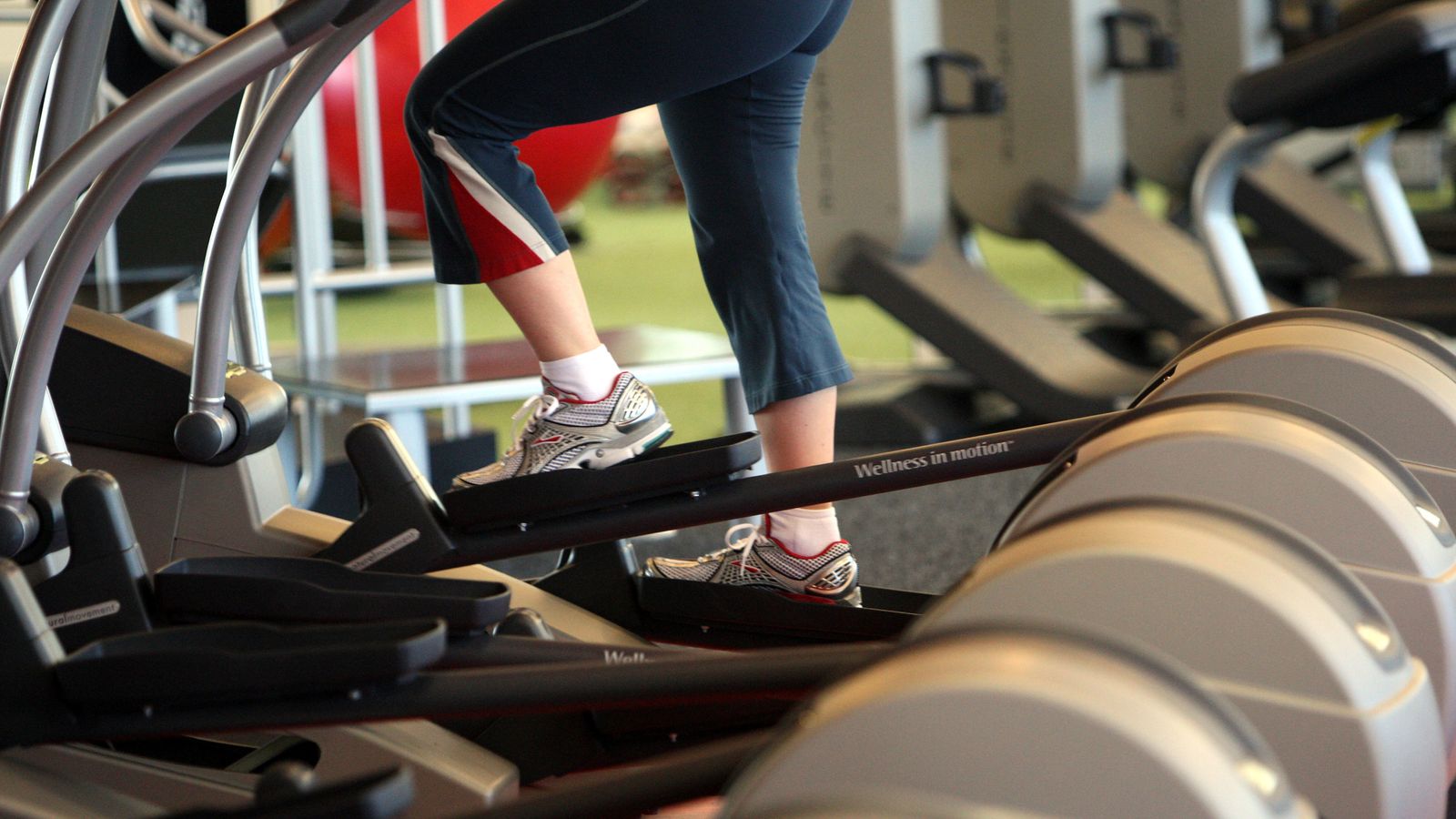A group of Virgin Active landlords have hired a top QC to fight a proposed restructuring of the gym chain that they argue would leave them taking an unfair financial hit.
Sky News has learnt that property-owners including Aberdeen Standard Investments, British Land and Land Securities have instructed Robin Dicker of South Square Chambers to try to block a plan tabled by Virgin Active’s shareholders.
The landlords claim they would be left shouldering a disproportionate part of the financial pain from the deal, which the chain wants to implement using a little-tested insolvency procedure.
Mr Dicker, QC, has previously acted on prominent cases involving Lehman Brothers, the collapsed Icelandic lender Kaupthing and BNY Mellon.
The case will be heard in court on Thursday.
Under Virgin Active’s plans, landlords would be forced to write off millions of pounds in rent arrears and agree to future reductions.
The gyms group, which is part-owned by Sir Richard Branson, has warned that it faces collapsing into administration if the restructuring is blocked.
That would put more than 2000 jobs at risk, and wipe out the value of the billionaire’s stake and that of Virgin Active’s majority shareholder, Brait.
Such a prospect has failed to appease furious landlords, however.
Britain’s leading commercial real estate trade association warned on Wednesday that approving the Virgin Active restructuring would “set a dangerous precedent”.
In a statement issued to Sky News, Melanie Leech, chief executive of the British Property Federation, said its implementation would “signal that businesses can use this new business rescue procedure to simply walk away from debt owed to property owners”.
“While the COVID-19 crisis has brought genuine hardship to businesses up and down the country, it has also been cynically used as an excuse by wealthy individuals and private equity backers to shift onto property owners the cost of years of failings and underinvestment,” she said.
“This restructuring plan is another example of this transfer of wealth from property owners, who represent local authorities and millions of pensioners and savers invested in commercial property, to a business’ shareholders.”
Virgin Active’s plans follow a glut of controversial company voluntary arrangements in recent years, which have been used by retailers such as Arcadia Group, Debenhams and New Look.
Some of those chains have collapsed even after seeing CVAs voted through by creditors.
Virgin Active has seen its roughly 40 UK sites forced to close for most of the last year, exacerbating the financial squeeze confronting it.
It wants to implement its refinancing under Part 26A of the Companies Act, meaning that a creditor group such as its landlords faces being “crammed down” – or forced to accept the terms even if they vote against the scheme.
Launched in Britain in 1999, the group now has 236 clubs in eight countries, including Australia, Botswana, Italy and South Africa.
At the end of 2019, it had more than one million members worldwide.
The pandemic’s impact has been severe, however, resulting in revenues halving last year and a loss before interest, tax, depreciation and amortisation of £42m.
Virgin Active also saw 100,000 members leave during the year.
Under its proposals, its shareholders would inject £45m of cash, alongside roughly £17m of royalty fee deferrals.
Deloitte, the accountancy firm, is overseeing the restructuring plan.
The gym chain’s lenders are being advised by Alvarez & Marsal, while The Sunday Times reported at the weekend that PricewaterhouseCoopers and law firm Sullivan & Cromwell had been hired by the institutional landlords.






















